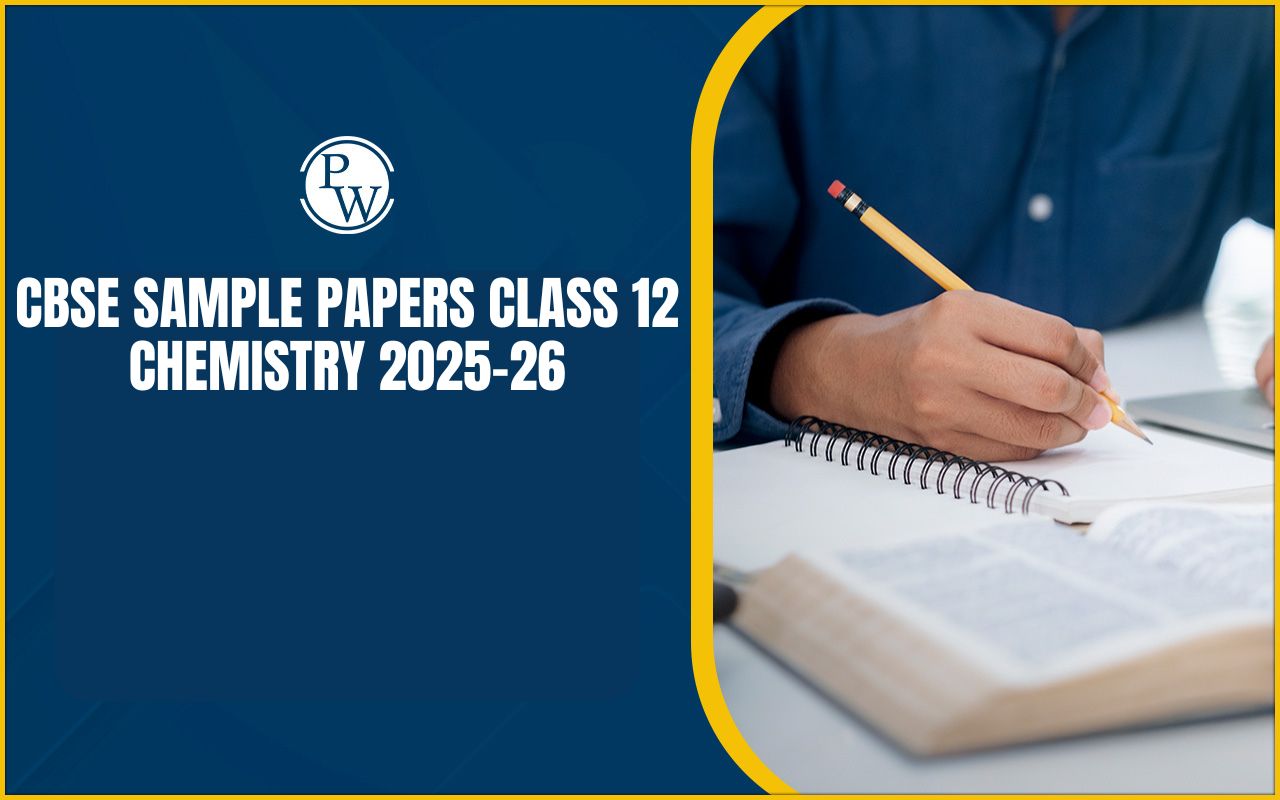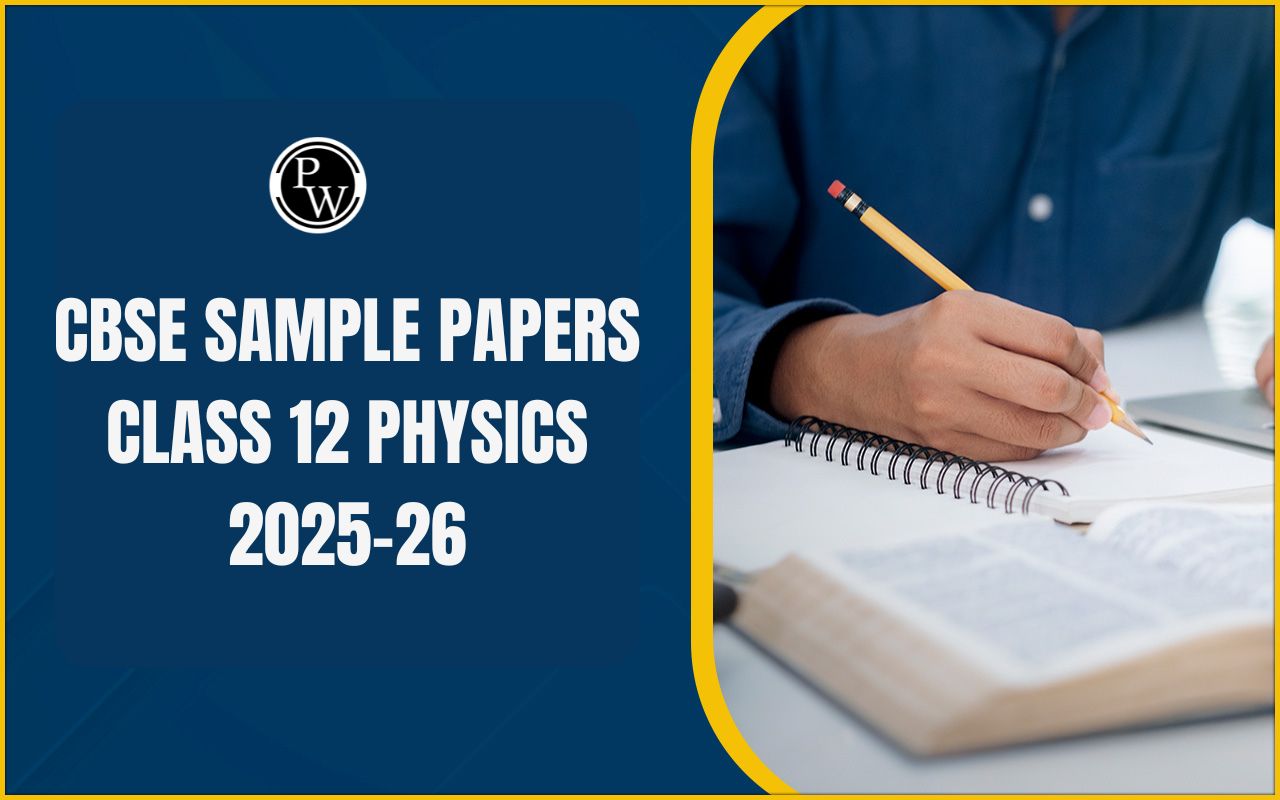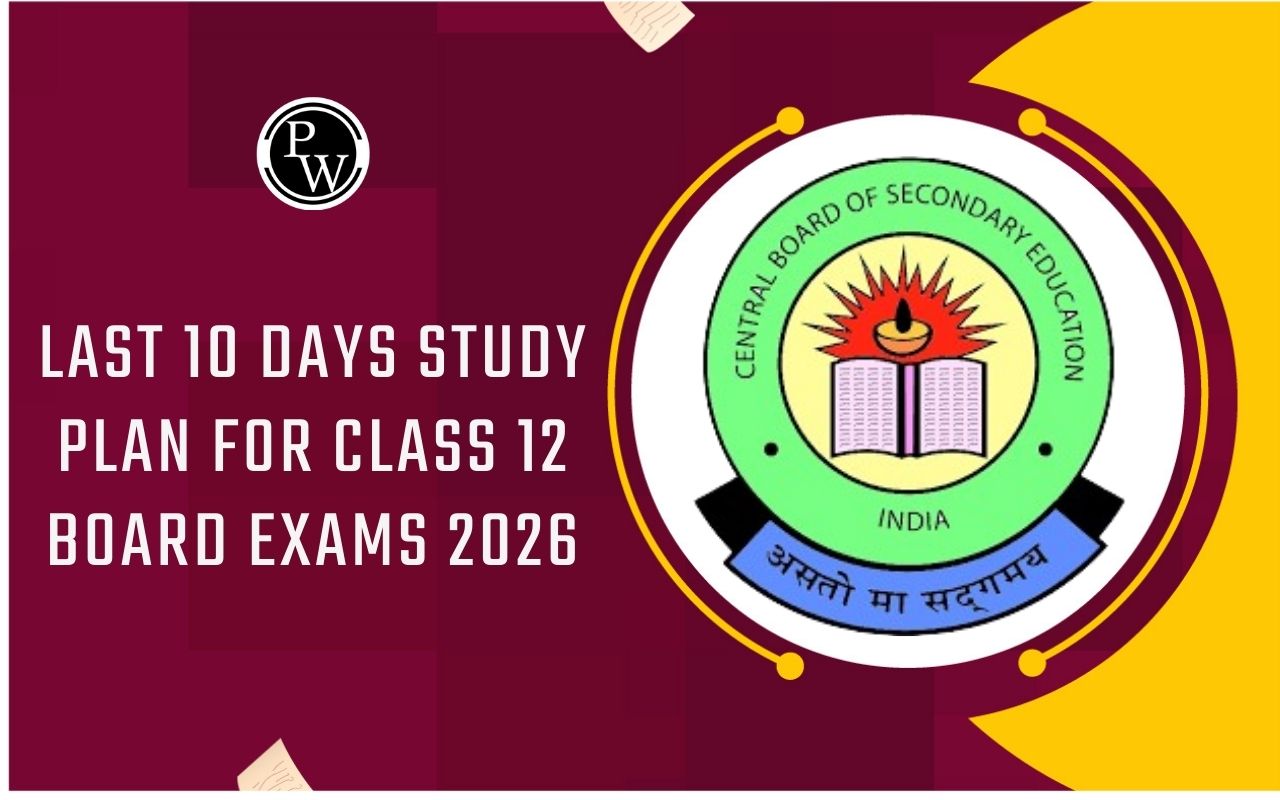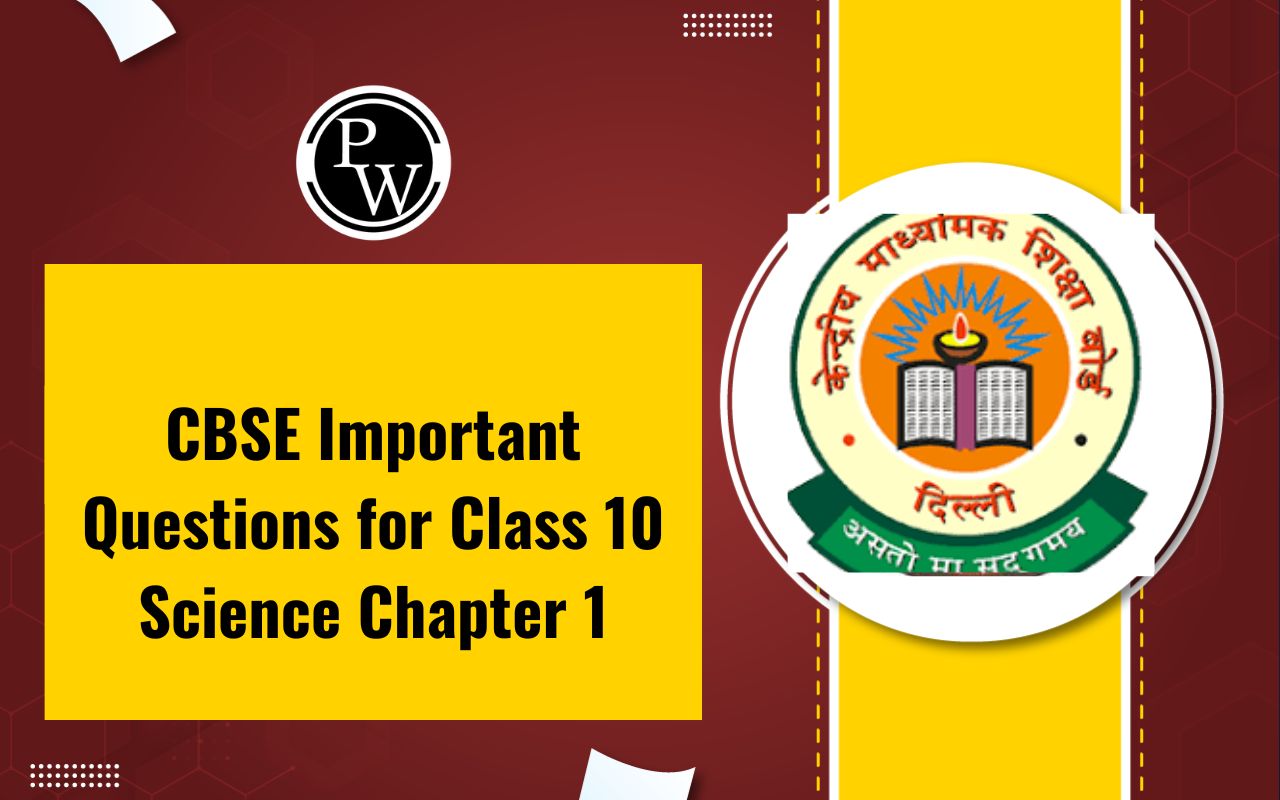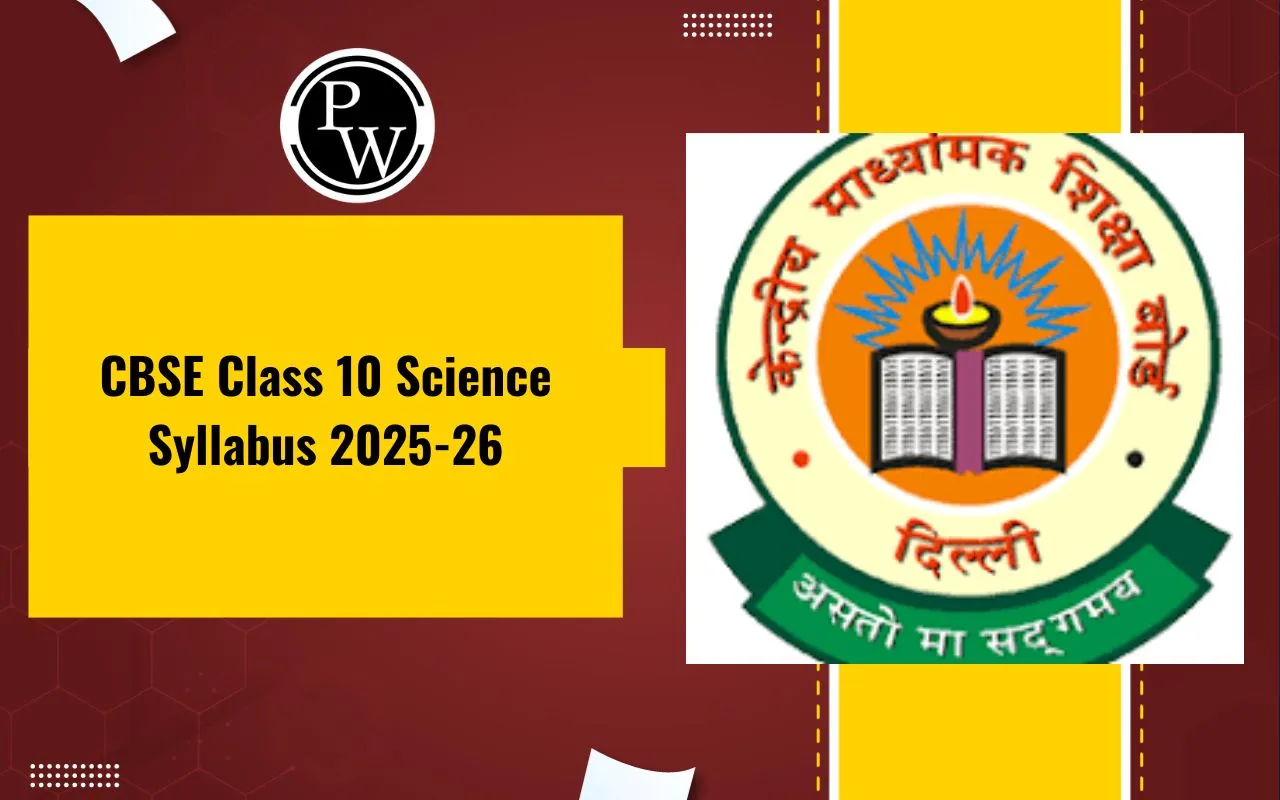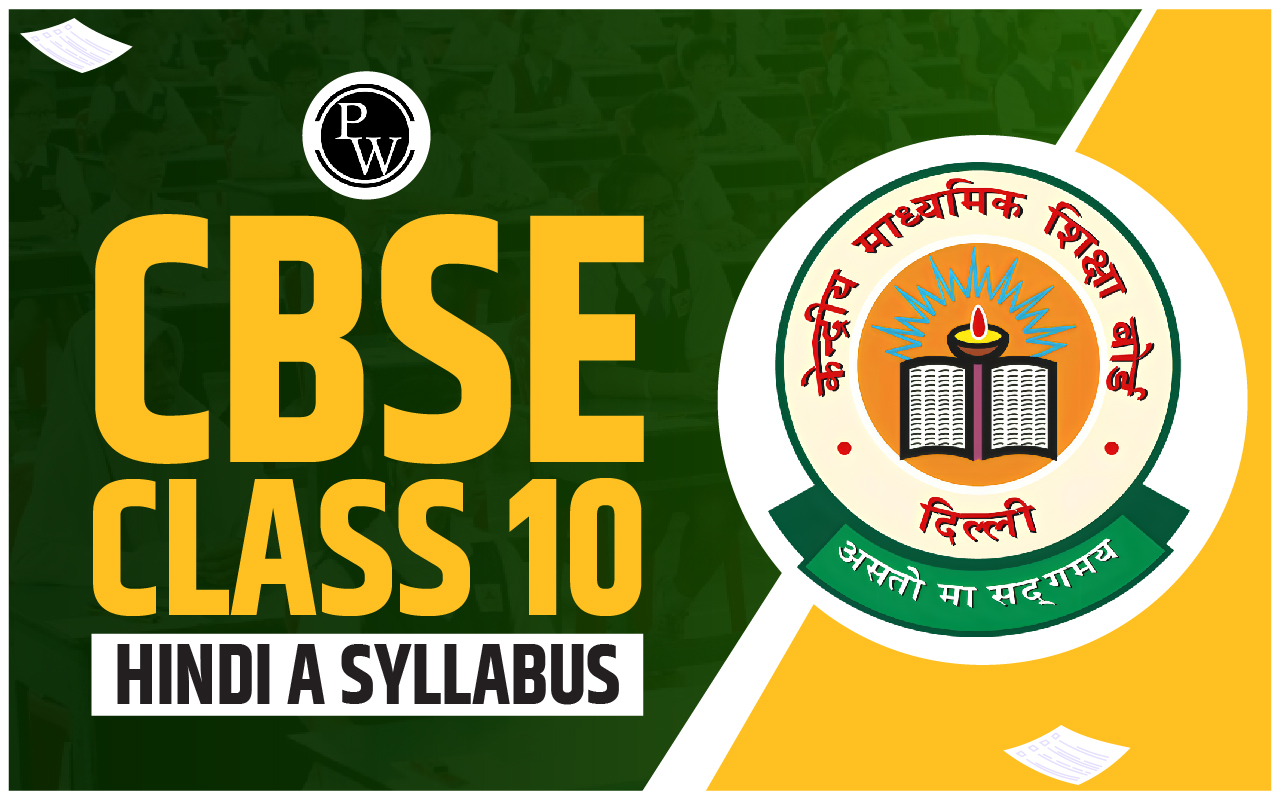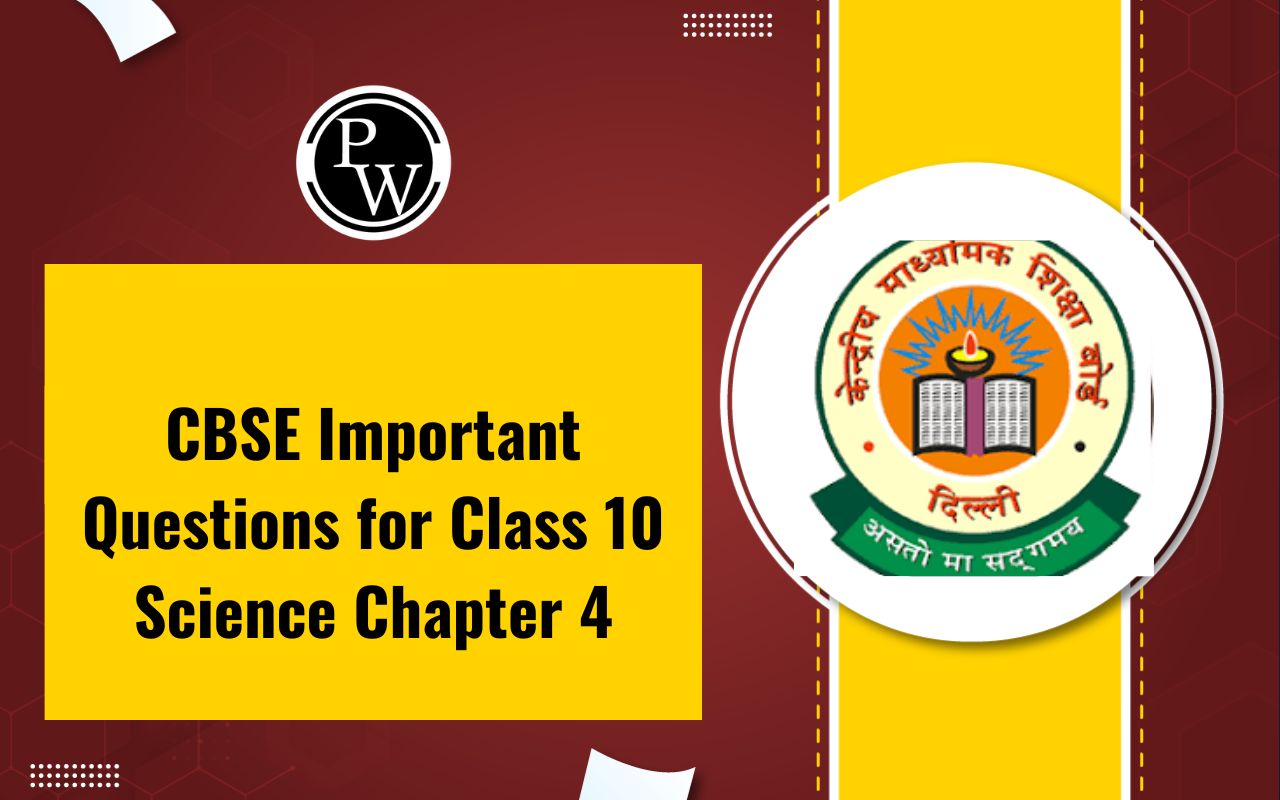
Career Options After 12 PCB: After completing 12th with PCB (Physics, Chemistry, and Biology), students have a wide array of career options to choose from. They can pursue medical courses like MBBS or BDS to become doctors or dentists.
Those interested in research and teaching can opt for courses like B.Sc. in various specializations, leading to careers in academia or research institutions. Pharmacy is another popular choice, with options to become a pharmacist through B.Pharm. courses. Fields like Biotechnology, Microbiology, and Environmental Science offer exciting career opportunities. Allied health sciences, such as nursing, physiotherapy, and radiology, are also in high demand. These diverse options allow students to follow their passions and build successful careers in the medical and scientific fields. In this article we will discuss career options after 12 PCB in detail.What is 12th PCB?
"12th PCB" refers to the 12th grade or the twelfth year of schooling in the Indian education system, where students study subjects related to Physics, Chemistry, and Biology (PCB). In this context:- Physics : Deals with the study of matter, energy, and their interactions.
- Chemistry : Involves the study of the composition, properties, and reactions of substances.
- Biology : Focuses on the study of living organisms, including their structure, function, growth, origin, evolution, and distribution.
List of Career Options After 12 PCB
Here is a list of career options available to students after completing 12th grade with Physics, Chemistry, and Biology (PCB):How to Choose High-Salary Courses after 12th PCB?
By following these steps, you can make an informed decision and choose a high-salary course after 12th PCB that aligns with your interests and career goals.Analyse Your Interests : Begin by identifying the subjects and fields that genuinely fascinate and excite you. Your passion and interest in a subject will play a important role in your success and satisfaction in your career.
Research Related Courses : Look into various courses related to Physics, Chemistry, and Biology that offer secure jobs and attractive salaries. Understand the career prospects, growth opportunities, and industry demand for each course.
Explore Top Universities : Find out which universities and colleges provide the courses you are interested in. Prioritize institutions known for their strong programs, good faculty, and high placement rates.
Check University Rankings : Review the rankings of these universities at both national and international levels. A higher-ranking institution often indicates better education quality, facilities, and industry connections.
Review Course Syllabus : Go through the syllabus of the courses you are considering. Ensure that the curriculum aligns with your career goals and interests, and covers the latest developments in the field.
Evaluate Relevance and Salary Packages : Assess the relevance of the course in the current job market and the typical salary packages offered to graduates. Choose a course that not only interests you but also provides good financial returns.
Consider Future Prospects : Look at the long-term career prospects and opportunities for advancement in the field. Some courses may lead to higher-paying positions as you gain experience and expertise.
How Can Students Utilise Summer Vacation at Home
Top Courses after 12th PCB
| Courses | Eligibility | Duration | Admission Procedure | Top Careers | Expected Salary |
|---|---|---|---|---|---|
| MBBS | 10+2 with minimum 50% marks | 5.5 years | NEET, AIIMS Exam, and JIPMER | Govt. doctor in Health Services, Clinical Practice, Hospital Management, Work with Primary Health Centres | ₹35,000 - ₹80,000 per month |
| BHMS | 10+2 with minimum 50% marks in PCB and English | 5.5 years | NEET, TS EAMCET, AP EAMCET, KEAM, PU CET entrance exams | Consultant, Scientist, Private Practice, Therapist, Pharmacist | ₹25,000 - ₹35,000 per month |
| BAMS | 10+2 with minimum 50% marks in PCB with English | 5.5 years | Entrance exam + Group discussion + Personal interview | Research, Health Supervisor, Drug Manufacturer, Ayurveda Consultation, Management and Administration | ₹15,000 - ₹20,000 per month |
| BDS | 10+2 with minimum 50% marks in PCB + English | 4 years | NEET entrance test | General Dentist, Hospital Management, Researcher, Lecturer | ₹15,000 - ₹30,000 per month |
| B.Sc. | 10+2 with PCB or PCM | 3 years | Merit-based admission, Some colleges conduct entrance tests | Research Analyst, Technical writer, Teacher, Consultant, Lecturer | ₹2.5lakh - ₹4lakh PA |
| B. Pharmacy | 10+2 with minimum 50% marks in PCB | 4 years | Through entrance tests, Direct admissions in some universities | Analytical Chemist, Drug Therapist, Hospital Pharmacy, Sales and Marketing, Research | Starting salary ranges from ₹10,000 - ₹18,000 per month |
| BPT | 10+2 with minimum 50% marks in PCB + English | 4 years | Through entrance exam | Chief Physiotherapist, Sports Physio rehabilitator, Research Assistant, Physiotherapy Training Instructor, Lecturers | ₹15,000 - ₹30,000 per month |
| BUMS | 10+2 with minimum 50% marks in PCB | 5.5 years | NEET entrance exam | Private practice, Medical Assistant, Public Health Specialist, Therapist, Scientist | ₹12,000 - ₹15,000 per month |
| Microbiology | 10+2 with minimum 55% marks in Science | 3 years | Direct admission, Some universities conduct entrance exam | Microbiologist, Medical Technologist, Teaching and Research, Business developer | ₹10,000 - ₹20,000 per month |
| Biotechnology | 10+2 with minimum 55% marks in PCB or PCM | B.Sc. - 3 years B.Tech - 4 years | Entrance test | Biomedical Engineer, Biochemist, Microbiologist, Medical Scientist, Biological Technician | ₹25,000 - ₹28,000 per month |
| Bioinformatics | 10+2 with minimum 50% marks in PCB | 3 years | Entrance tests followed by an interview | Clinical Pharmacology, Computational chemist, Informatics developer, Diagnostic centres, Pharmacogenomics | ₹2lakh - ₹3 lakh PA |
| Forensic Sciences | 10+2 with Science stream | 3 years | Entrance test | Crime scene Investigator, Crime Laboratory Analyst, Forensic Accountant, Forensic Medical Examiner | ₹3 lakh - ₹4 lakh PA |
| Genetics | 10+2 with Science stream | 3 years | Direct admission, Entrance exam in few institutes | Geneticists, Epidemiologist, Biophysicist, Genomics | ₹3.5 lakh - ₹5 lakh PA |
| Nursing | 10+2 with PCB as compulsory subjects | 4 years | Entrance exams | General nurses, Midwives, Health workers, Nursing Superintendent, Department Supervisor | ₹2 lakh - ₹2.8 lakh PA |
| Environmental Science | 10+2 | 3 years | Direct admissions, Some colleges conduct entrance exams | Environment Journalists, Environment Photographer, Conservation Hydrologist, Catastrophe Modeler, Director of Waste Management | ₹3lakh - ₹5 lakh PA |
| Arts and Humanities | 10+2 with minimum 50% marks | 3 years | Entrance exams | Journalist, Copywriter, Psychologist, Fashion Designer, Social Worker | ₹15,000 - ₹20 |
1. MBBS (Bachelor of Medicine and Bachelor of Surgery)
MBBS (Bachelor of Medicine and Bachelor of Surgery) is a fundamental undergraduate course required to become a doctor. It's pursued after 12th PCB. The curriculum covers anatomy, pharmacology, pathology, surgery, and more. Students can specialize in areas like Nephrology, Cardiology, and General Surgery based on their scores. Securing admission typically involves clearing NEET and other entrance tests. Post-MBBS, students can opt for MS/MD.Average Fees: Rs. 1-2 lakhs per annum
Top colleges for MBBS:
- AIIMS - All India Institute of Medical Sciences, New Delhi
- Armed Forces Medical College
- Christian Medical College
- Maulana Azad Medical College
- Lady Hardinge Medical College
CBSE Grading System for Class 12 2024
2. BHMS (Bachelor of Homeopathy Medicine and Surgery)
BHMS (Bachelor of Homeopathy Medicine and Surgery) is another undergraduate degree in the medical field. It focuses on the homeopathic system of medicine, enhancing the body's natural healing power. Graduates can become homeopathic doctors. Pursuing a master's degree in hospital management after BHMS can enrich their career prospects.Average Fees: INR 2-3 lakhs per annum
Top BHMS Colleges in India:
- National Institute of Homeopathy, Kolkata
- Shivaji University
- Yashwantrao Chavan Maharashtra Open University
- Motiwala Homeopathic Medical College
- Rajasthan Vidyapeeth Homeopathic Medical College & Hospital
CBSE Subject Codes for Class 12 2024
3. BAMS (Bachelor of Ayurvedic Medicine and Surgery)
BAMS (Bachelor of Ayurvedic Medicine and Surgery) integrates modern medicine with traditional Ayurveda. Ayurveda, an ancient medical system, finds its roots in the Vedic period. BAMS provide lucrative career opportunities, allowing graduates to start private practices as doctors.Expected Fees: INR 16-20 lakhs for the entire course
Top Colleges for BAMS:
- Shri Dhanwantri Ayurvedic College, Chandigarh
- Rajiv Gandhi University of Health Sciences, Bangalore
- Gujarat Ayurved University, Jamnagar
- J.B Roy State Medical College, Kolkata
- Ayurvedic Medical College, Kolhapur
4. BDS (Bachelor of Dental Surgery)
BDS (Bachelor of Dental Surgery) is a prestigious course after 12th PCB that trains individuals to become dentists, earning them the title of "Dr." Graduates can practice dentistry independently or pursue advanced degrees like MSD, MMSc., etc., for further specialization. Qualifying NEET or other entrance exams is essential for admission.Expected Fees: INR 50,000 - 12 lakhs
Top Colleges for BDS:
- Maulana Azad Institute Of Dental Sciences, New Delhi
- Manipal College Of Dental Sciences, Manipal
- Government Dental College, Mumbai
- Nair Hospital Dental College, Mumbai
- Government Dental College, Bangalore
5. B.Sc. (Bachelor of Science)
B.Sc. (Bachelor of Science) is a popular undergraduate course among Science students, offering various specializations like botany, zoology, chemistry, biochemistry, and nutrition. It has a foundation for careers in science-related fields. Graduates can further pursue higher education like M.Sc., MBA, etc., to enhance job prospects.Average Fees: INR 30,000 - 4 lakhs
Top Colleges for B.Sc.:
- Loyola College, Chennai
- Christ University, Bangalore
- Miranda House, Delhi
- Madras Christian College, Chennai
- Hindu College, Delhi
6. B.Pharmacy (Bachelor in Pharmacy)
B.Pharmacy (Bachelor in Pharmacy) plays a important role in researching and testing medicines before they're available for treatment. Pharmacists are essential in diagnosing and preventing diseases. This course offers various segments like hospital/clinical pharmacy, industrial pharmacy, etc., providing ample career opportunities in the healthcare sector.Average Fees: INR 40,000 - 1 lakh
Top Colleges for B.Pharmacy:
- National Institute of Pharmaceutical Education and Research, SAS Nagar
- Jamia Hamdard, New Delhi
- Institute of Chemical Technology, Mumbai
- Panjab University, Chandigarh
- Indian Institute of Technology, BHU, Varanasi
8. BUMS (Bachelor of Unani Medicine and Surgery)
BUMS (Bachelor of Unani Medicine and Surgery) is a five-year undergraduate program that delves into the ancient Unani system of medicine and surgery. Unlike allopathy, Unani medicine relies on natural healing processes inherent in the body. Graduates from this course can find employment in the medical field, with promising salary prospects.Average Fees: INR 3,00,000 per year
Top Colleges for BUMS:
- Aligarh Muslim University
- Maharashtra University of Health Sciences, Nashik
- Jamia Hamdard University, New Delhi
- Rajiv Gandhi University of Health Sciences, Bangalore
- Ayush and Health Science University, Raipur
9. BPT (Bachelors of Physiotherapy)
BPT (Bachelor of Physiotherapy) is a 4-year undergraduate program after 12th PCB, with a mandatory 6-month clinical internship. It focuses on the science of physical movement to treat diseases and disabilities. Graduates find employment in hospitals, health institutes, fitness centers, and private clinics. BPT offers diverse career opportunities, including roles as chief physiotherapists and research assistants.Average Fees: INR 1 lakh - 5 lakh
Top Colleges for BPT:
- Apollo Physiotherapy College
- Indian Institute of Health Education & Research
- Post Graduate Institute of Medical Education and Research
- Nizam’s Institute of Medical Sciences
- JSS College of Physiotherapy
10. Bioinformatics
Bioinformatics integrates genetics, molecular biology, computer science, mathematics, and statistics. Bioinformatics scientists design computer systems and databases to analyze large biological datasets, such as genomic and pharmacological data. They conduct research to study molecular datasets like DNA, microarrays, and proteomics data. After completing a course in bioinformatics after 12th PCB, aspirants can pursue careers as computational chemists, informatics developers, and more. This field offers numerous career opportunities and competitive salaries.Average Fees: INR 5,000 - 5 lakh
Top Colleges for Bioinformatics:
- Jaipur National University, Jaipur
- Government Maharani Laxmi Bai Girls PG College, Indore
- DAV College, Chandigarh
- Amity University, Noida
11. Forensic Sciences
Forensic Sciences applies scientific knowledge to crime investigation. Professionals analyze evidence found at crime scenes, including soil, blood stains, saliva, body fluids, fingerprints, bones, and DNA profiling. They work in labs, and their findings help solve cases and catch criminals. Forensic science is among the top courses after 12th PCB. Several top universities provide courses in forensic science.Average Fees: INR 30,000 - 2 lakhs
Top Colleges for Forensic Science:
- Dr. Hari Singh Gour University, Sagar
- Raja Bahadur Venkat Rama Reddy Women's College, Hyderabad
- Swami Vivekanand University, Sagar
- Teerthanker Mahaveer University, Moradabad
- Lovely Professional University, Jalandhar
12. Environmental Science
Environmental Science is an interdisciplinary field encompassing elements of biology, chemistry, physics, geography, and social sciences. Offering various courses after 12th PCB, it opens up career paths such as environment journalist, conservation hydrologist, and environment photographer. The job outlook for environmental scientists is promising, with employment projected to grow by 15% from 2012 to 2022, surpassing the average for all other occupations. Here are some top institutes offering courses in this field along with their average fees:Average Fees: INR 20,000 - 3 lakhs
Top Colleges for Environmental Science:
- Fergusson College, Pune
- Mount Carmel College, Bangalore
- Dev Sanskriti Vishwavidyalaya, Haridwar
- Maharaja’s College, Ernakulam
- Patna Science College, Patna
Tips for Choosing the Right Career Options after 12th PCB
Choosing the right career path after completing 12th PCB (Physics, Chemistry, Biology) can be a crucial decision that sets the stage for your future success and satisfaction. Here are some helpful tips to guide you through the process:Self-Assessment : Begin by conducting a thorough self-assessment to identify your interests, strengths, weaknesses, values, and aspirations. Reflect on the subjects you enjoyed the most during your 12th PCB studies and consider any extracurricular activities or hobbies that you are passionate about. Understanding yourself better will provide valuable insights into potential career paths that align with your preferences and abilities.
Research Career Options : Explore a wide range of career options available to students with a PCB background. Research the nature of work, job prospects, growth opportunities, and educational requirements associated with different fields. Use online resources, career guidebooks, and informational interviews with professionals to gather information about various career paths.
Consider Your Skills and Aptitudes : Assess your skills, aptitudes, and personality traits to identify areas where you excel. Determine whether you have a natural aptitude for science, analytical thinking, problem-solving, communication, or creativity. Match your skills and aptitudes with potential career options that complement your strengths and interests.
Seek Guidance : Seek guidance from career counselors, teachers, mentors, and professionals in your areas of interest. Discuss your career goals, aspirations, and concerns with them to gain valuable insights and advice. They can provide information about different career paths, educational opportunities, industry trends, and job market dynamics.
Explore Educational Pathways : Research the educational pathways required to pursue your chosen career. Identify relevant undergraduate degree programs, professional certifications, vocational training courses, and postgraduate studies that can help you acquire the necessary qualifications and skills. Consider factors such as program duration, admission requirements, curriculum, and accreditation status.
Gain Practical Experience : Gain practical experience through internships, volunteer work, part-time jobs, or shadowing opportunities in your areas of interest. Hands-on experience will provide valuable insights into the day-to-day responsibilities, challenges, and rewards of different careers. It will also help you build a professional network and enhance your resume.
Evaluate Job Prospects : Consider the job prospects, employment opportunities, and salary potential associated with different career paths. Research labor market trends, industry demand, and job growth projections to make informed decisions about your future career. Choose a career that provide stability, growth potential, and opportunities for advancement.
Consider Your Long-Term Goals : Think about your long-term career goals, aspirations, and lifestyle preferences. Consider factors such as work-life balance, job satisfaction, financial stability, geographic location, and personal values when making career decisions. Choose a career path that aligns with your long-term goals and priorities.
Stay Flexible and Open-Minded : Keep an open mind and be willing to explore new opportunities and career paths. Stay flexible and adaptable in your career choices, as your interests, priorities, and circumstances may change over time.
Seek Continuous Learning : Commit to lifelong learning and professional development to stay competitive in your chosen field. Stay updated on industry trends, technological advancements, and emerging opportunities through continuing education, workshops, seminars, and online courses.
Career Options After 12 PCB FAQs
What are the career options available after completing 12th PCB?
What are the requirements to pursue a career in medicine after 12th PCB?
Can I become a dentist after completing 12th PCB?
What are the career options available in the field of pharmacy after 12th PCB?
Can I work as a medical lab technician after completing 12th PCB?



